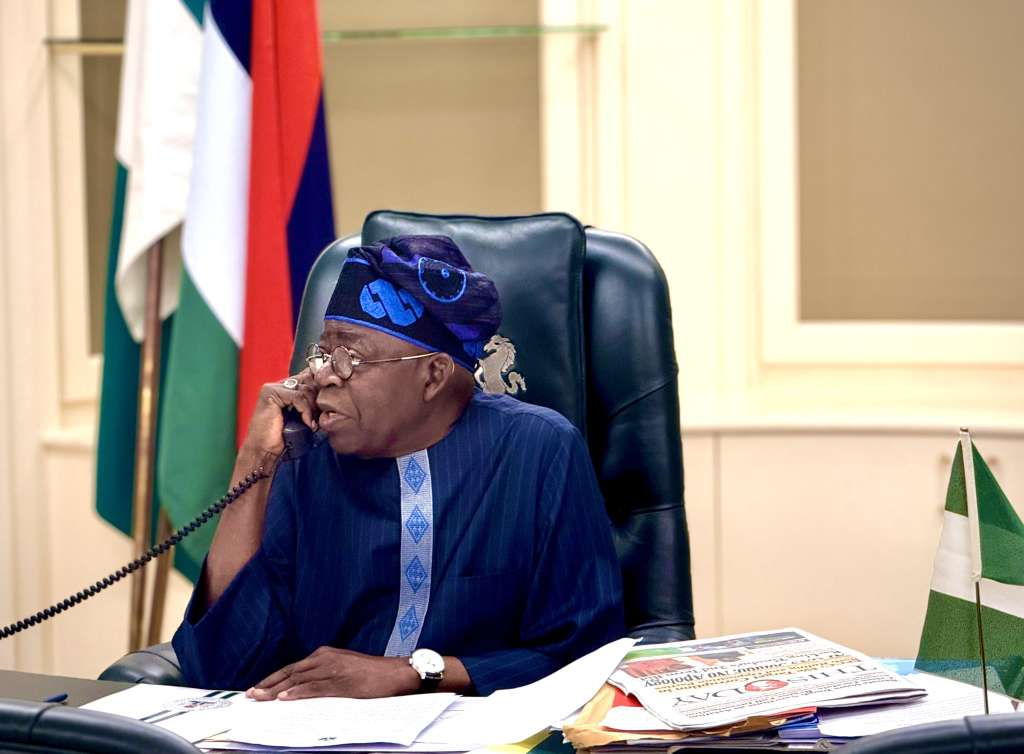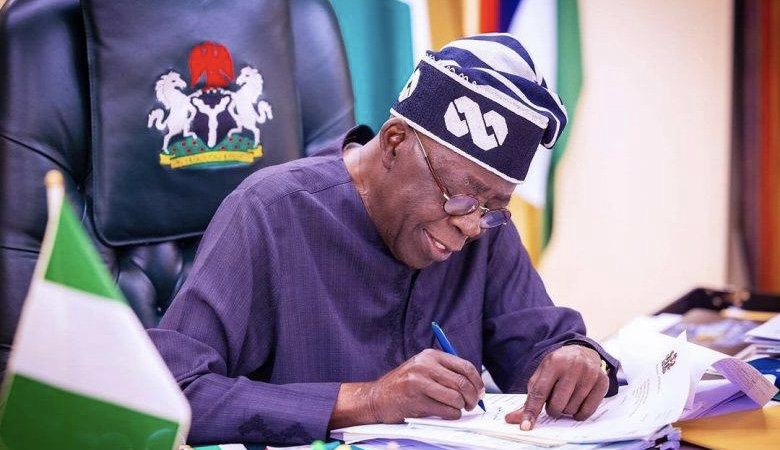Business
Business leaders warn against proposed sugar-sweetened beverage tax, cite job and revenue risks

Leading business groups in Nigeria have urged the Federal Government to withdraw the proposed amendment to the Customs, Excise and Tariff Bill, warning that it could undermine President Bola Tinubu’s fiscal reform agenda and destabilise the country’s tax framework.
The Organised Private Sector of Nigeria (OPSN), which includes the Manufacturers Association of Nigeria, Nigerian Association of Chambers of Commerce, Industry, Mines and Agriculture, and other key business associations, made the call during a public hearing on Thursday. The group specifically opposed the introduction of higher excise rates on non-alcoholic drinks.
In a position paper, OPSN cautioned that the proposed amendment is “misaligned with the Federal Government’s fiscal reform direction” and contains “several legal and administrative gaps.” It argued that a steep increase in excise duties could threaten jobs, reduce investment, and weaken industrial stability.
“Nigeria’s excise framework is becoming increasingly fragmented as new levies are introduced without assessing their combined impact on production, employment, exports, and inflation,” the group said. “A higher levy could raise operating costs, reduce capacity utilisation, and push retail prices higher, harming households and small businesses while reducing VAT and Company Income Tax collections.”
The OPSN noted that the non-alcoholic drinks sector currently supports 1.5 million jobs, drives backward integration under the Nigeria Sugar Master Plan II, and contributes 40–45 per cent of gross tax revenues, yet operates under thin margins and macroeconomic strain.
The group also criticised lawmakers for advancing the bill without consulting the Ministry of Finance, the Presidential Fiscal Policy & Tax Reform Committee, the Federation Account Allocation Committee, and other key institutions. It highlighted inconsistencies in the bill, including the proposed “20 per cent levy per litre of retail price,” which the OPSN described as “impossible to implement consistently.”
Pressure groups, such as Corporate Accountability and Public Participation Africa (CAPPA), have advocated for a sharp increase in the sugar-sweetened beverage (SSB) tax, from N10 to N130 per litre, citing public health benefits. CAPPA’s report argues that a 1,200 per cent hike could help curb noncommunicable diseases.
OPSN, while rejecting the amendment, said it remains open to engagement with lawmakers, fiscal authorities, and civil society to ensure any future excise adjustments support jobs, investment, and long-term revenue stability.












